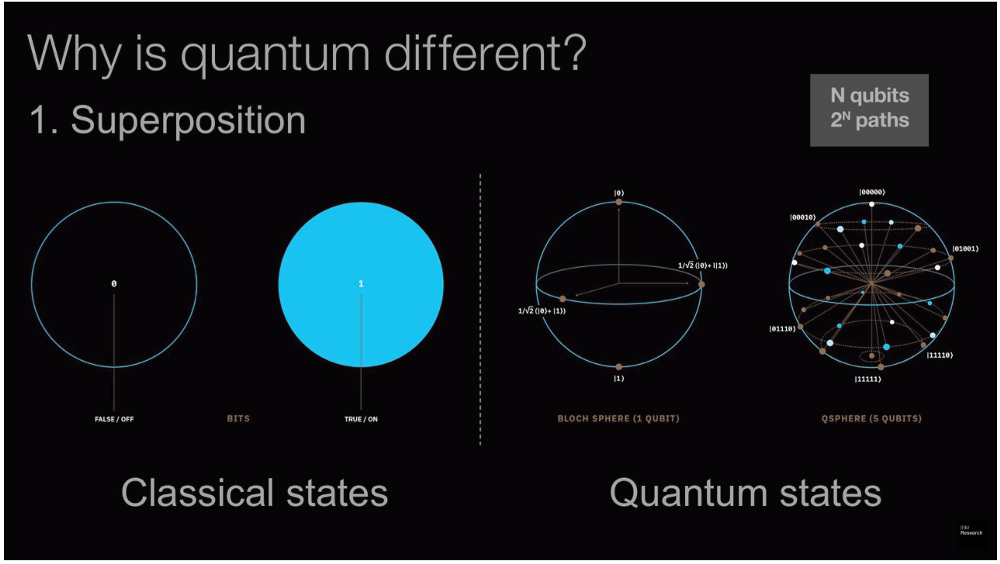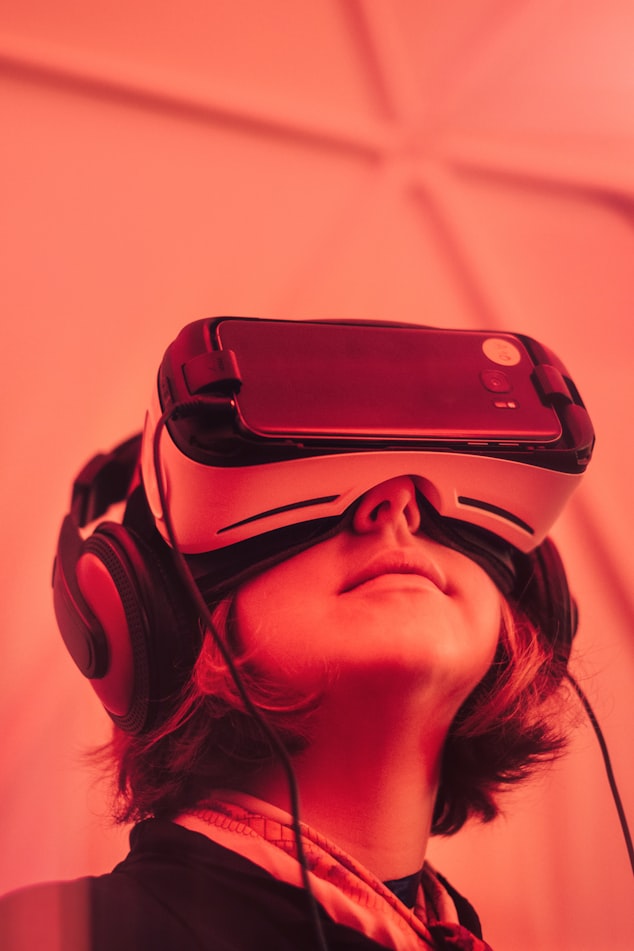Class Work
In class, we have begun by going further into Ontology and Epistemology. In this discussion, Lars has helped us form more concrete definitions of the words in question. This helps the class come to the same understanding following our independent research. It may be easy to get the wrong idea with such abstract concepts.
My research into Ontology and Epistemology appears to be somewhat on-point although I have failed in some sense to focus on the correct points in my blog I believe. Not bad for a first attempt though.
Lars went into a lecture pertaining to the origin of epistemology & ontology as we know it today which came about around in the 1900s with postmodernism. Modernism cut away a lot of the unnecessary additions in our engineering and thinking, art is cut away in the name of efficiency. For example, the way our buildings changed to have less art & design implemented into them in favour of more modern and efficient looks.
Postmodernism is described as a way of critiquing beliefs and most of the knowledge our society holds in this day and age. It is about challenging certain knowledge structures that some believe are simply social constructs and are not objective truths. An example of this is the argument that genders are not binary, this is clearly bogus and an extreme example of the bad side of postmodernism but there are also some good examples such as good vs evil which in reality is not as binary as used to believe in previous ages. Challenging certain beliefs is helpful to our society I believe although the concept of postmodernism can also be used in a negative manner to disregard objective knowledge in favour of a belief that better suits the believer.
Ontology & Epistemology Spectrum
 Ontology
Ontology Realism Constructivism Nominalism
Epistemology Positivism Interpretivism Anti-Positivism
Realism - Objective Existence
Constructivism - We construct reality together
Nominalism - Things are as I think they are
Positivism - Measure objectively
Interpretivism - You can never be objective
Anti-Positivism - Each persons view is valid
Google Scholar was introduced to us as a method of finding & citing prominent academic papers. One was highlighted with the topic pertaining to design science which is of interest to me, I may give this one a read for curiosities sake.
Today we have covered a wide arrange of topics which have been engaging.
Out of Class Work
I read over this weeks tasks and was left wondering why we are writing about a specific scientific paradigm without understanding the big picture of scientific paradigms first? Perhaps it is just how my mind likes to approach things by coming in from a bigger perspective rather than the details.
First I will learn about the concept of scientific paradigms then select one that intrigues me to highlight near the end.
Citation: Clickstream Data Yields High-Resolution Maps of Science. By Johan Bollen, Herbert Van de Sompel, Aric Hagberg, Luis Bettencourt, Ryan Chute, Marko A. Rodriguez, Lyudmila Balakireva. Public Library of Science ONE, March 11, 2009.
A "map of science" created by sorting some 800,000 published papers into 776 paradigms. The red circles are where they overlap from referencing one another - creating a visual representation of scientific discussion in the world today.
Source: Nature Magazine
What are scientific paradigms?
The Structure of Scientific Revolutions (first published in 1962), Kuhn defines a scientific paradigm as: "universally recognized scientific achievements that, for a time, provide model problems and solutions for a community of practitioners, i.e.,
- what is to be observed and scrutinized
- the kind of questions that are supposed to be asked and probed for answers in relation to this subject
- how these questions are to be structured
- what predictions made by the primary theory within the discipline
- how the results of scientific investigations should be interpreted
- how an experiment is to be conducted, and what equipment is available to conduct the experiment.
"The Structure of Scientific Revolution, Kuhn, Thomas S. The Structure of Scientific Revolutions, 3rd edition. Chicago: University of Chicago Press, 1996. page 10
Thomas Kuhn published a book called "The structure of Scientific Revolutions" in 1962 that opened our eyes to the reality of scientific paradigms, the main concept of this is that scientific progress is not linear but instead cyclical.
In these cycles, the scientific landscape exists within agreed upon scientific paradigms, a scientific paradigm is a set of assumptions that are made for us to base new science upon. An easy way to understand his is realizing that biology courses don't begin with describing the evolutionary theory, it is already assumed that this base level of knowledge is true within the current scientific paradigm even though many may not understand how this has been proven to be true. Religious people also exist within their own paradigms, they assume that God is behind the true nature of reality.
Assumptions can be powerful in that they can allow us to get on with other things, Assumptions are clearly capable of also being a negative force which can inhibit our understanding of reality and blind us, if our base understanding is incorrect then everything derived from it is likely also incorrect. I personally battle with not assuming too much and sometimes trust my intuition a little too much which doesn't afford much success in the IT world.
Throughout history, science has seen many paradigm shifts which have revolutionized our world and completely changed the type of science going forward. These 'paradigm shifts' can be understood metaphorically as similar to major changes in climate on earth. For a long time the planet was in an ice age and the ecosystem was operating under the given conditions, then the climate paradigm changed to a more temperate one thanks to a tilt in the earth's rotation, we then saw a major shift in the planets normal conditions, changing upon which types of species were allowed to propagate and the types of evolutionary traits that were necessary for survival.
Paradigm shifts change our base set of assumptions which in turn means we have to adapt our way of science to this new scientific paradigm.
Interestingly enough we may be on the cusp of a new paradigm shift within my lifetime, may I bring your attention to a recent United States Congress bill that has been passed:
https://www.congress.gov/bill/115th-congress/house-bill/6227?q=%7B%22search%22%3A%5B%22H+Amdt+856%22%5D%7D
As we all know
Quantum particles 'communicate' with each other
instantaneously from
anywhere in the universe. If our
scientific paradigm as we know it is challenged by a
valid & sound theory of quantum science in a way that allows us to harness it's power. I believe it to be that our current
scientific paradigm will shift and in hundreds of years our current day science will be seen in much the same way as science deep in our past.
Reality as we know it clearly has secrets far beyond our current understanding, when and how the next scientific paradigm shift commences is
only a matter of time.
This week's Questions
Now that I have that base understanding out of the way I can address the actual task I was supposed to be doing:
Work Given: Choose a Scientific Paradigm
- Describe it
- Explain what it could possibly be used for – also, give an example
- Write why you like this paradigm – or don’t like it
SOME IMPORTANT SCIENTIFIC REVOLUTIONS OR PARADIGM SHIFTS
| TIME |
MATHEMATICS, ASTRONOMY, PHYSICS
|
GEOLOGY, CHEMISTRY,
|
BIOLOGY, MEDICINE,
|
| Antiquity to 1400s | Theory of a Spherical Earth | | |
| Early 1500s | Heliocentric Theory of Solar System (Copernicus, Brahe, Kepler) | | |
| Mid 1600s | Corpuscular Theory of Light and Optics (Newton) | | Theory of Blood Circulation (Harvey) |
| Mid 1600s | Theory of Motion and Mechanics (Newton) | | Cellular Theory of Biological Structure (Leeuwenhoek, Hooke,) |
| Mid 1700s | | Oxygen Theory of Combustion (Lavoisier) | |
| Mid 1700s | | Theory of Gases, (Boyle, Charles, Cavendish, Lavoisier) | Species Concept in Biology (Linnaeus) |
| Late 1700s | Theory of Static Electricity (Franklin) | Theory of Gaseous Chemical Elements (Dalton, Lavoisier) | |
| Early 1800s | Theory of Heat and Thermodynamics (Rumford, Carnot, Joule,) | Theory of Metallic Elements (Davy, ) | |
| Early 1800s | Theory of Current Electricity and Electro-Chemistry (Galvani, Coulomb, Faraday) | Uniformitarian Theory of Geology (Hutton, Lyell) | Theory of Evolution by Natural Selection (Darwin, Wallace, Huxley) |
| Late 1800s | Electro-magnetic Wave Theory of Light (Clerk-Maxwell) | Periodic Theory of All Elements (Mendeleev) | Bacterial Theory of Disease (Koch, Pasteur, ) |
| Late 1800s | Quantum Theory of Radiation (Planck) | Theory of Recent Ice Ages (Agassiz) | |
| Late 1800s | Sub-Atomic Particle Theory of Matter (Thompson) | | |
| Early 1900s | Theory of General Relativity (Einstein) | Isotopic Theory of All Elements (Moseley, Aston) | Theory of Genetical Inheritance, (Mendel, De Vries, Bateson) |
| Early 1900s | Theory of Galactic Dimensions (Hubble) | | Theory of Blood Groups (Landsteiner) |
| Mid 1900s | Theory of Expanding Universe (Hubble) | Theory of Continental Drift and Plate Tectonics (Wegener) | Theory of DNA Coding (Crick, Watson, Franklin) |
| Mid 1900s | Theory of Gravitational Collapse ( ) | |
Source:
https://deskarati.com/2011/08/17/scientific-revolutions-or-paradigm-shifts/
Chosen scientific paradigm: Theory of General Relativity (Einstein)
Description: General relativity is the observed gravitational effect between masses resulting from their warping of spacetime.
This showed that space and time were two intertwined forces of our universe, each effecting the other at all times.
I will spare this blog a more detailed explanation as I have already gone in-depth on scientific paradigms in general.
What was it used for?
GPS
From the knowledge that general relativity supplied us about the relation between space and time we are able to produce GPS systems that power a large force of technology in our world today.
BLACK HOLES
Einstein predicted the existance of black holes, which although do not have an affect on our day to day lives it greatly affects our understanding of the universe whilst also raising new questions.
NUCLEAR ENERGY
Nuclear energy may have came a lot later if it were not for Einteins works, this techonology allowed us access to nuclear power which has seen many benefits but on the other side also gave life to nuclear weapons which have caused great devastation and still to this day give certain nations the ability to destroy millions of lives.
Why do I show interest in this paradigm?
This paradigm is of particular interest to me because it is in our current age one of the most famous & prolific paradigms known to general humanity. The conseqences of this paradigm shift had far reaching negative & positive effects on our society that are still observable to this day.
Given how recent this paradigm shift occured it allows me to understand just how much of an effect peredigm shifts can have on humanity. This undersanding makes my imagination wander as to the possibilities of the next paradigm shift. Will millions or even billions die at the hand of new technology? Will we travel the stars? Will we age beyond our biological shells and form a symbiotic relationhip with AI which results in our conciousness being uploaded to the general intelligence once our biological life has reached it's conclusion?
Changes will come fast, the consequence of government interest in quantum technology should be watched closely as this has potential to spawn the next great scientific paradigm shift of humanity.


/cdn.vox-cdn.com/uploads/chorus_image/image/62805283/46602874791_c009b3def8_o.0.jpg)













